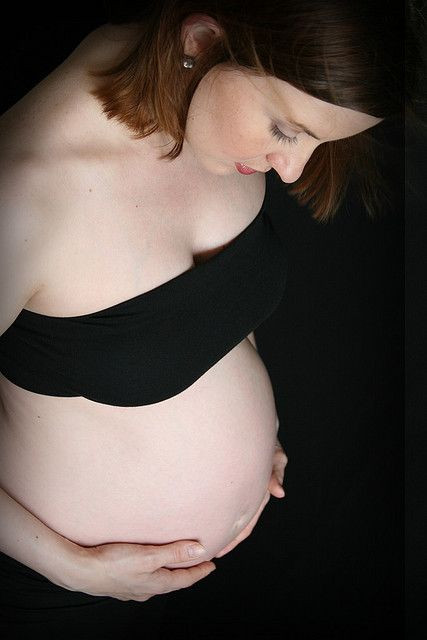Everything You Need to Know About Surrogacy and Fertility

For many couples who cannot conceive, surrogacy is the next best answer.
As explained by fertility specialist Jamie Grifo, MD, PhD, Director of the Division of Reproductive Endocrinology; Program Director of the NYU Fertility Center; Professor of Obstetrics and Gynecology, NYU School of Medicine, there are two types of surrogacy.
Traditional surrogacy is when the surrogate's own egg is artificially inseminated with the couple's sperm. The surrogate is the biological and genetic mother and has more of an emotional connection to the egg. In gestational surrogacy, the surrogate is used as an incubator. The embryo is inserted into the woman's uterus.
Many women who opt for surrogacy may suffer from a host of health conditions. Some women may suffer from premature ovarian failure. Premature ovarian failure is when the body does not produce normal amounts of the hormone estrogen or release eggs regularly. Infertility is a common result.
Additionally women may suffer from Polycystic Ovarian Syndrome (PCOS), which is a health disorder that affects a woman's ability to ovulate and conceive. One in ten women suffer from PCOS.
Other factors why women may opt for surrogacy may be repeated miscarriages, unsuccessful alternative reproductive treatment (ART) procedures or a genetic defect they do not wish to pass on during pregnancy.
Although a woman's chance of being fertile reduces with age, many fertility specialists believe women should always think about getting pregnant if they want kids.
"Women should be thinking about having a child their whole life," Dr. Grifo said. "They should be thinking about the best time to conceive and how to optimize their chances."
Though there are no specific indications that can suggest declining fertility, Dr. Grifo said, "No periods can be a sign of declining fertility," he continues, "Just because you are in good health, you take care of yourself and experience normal menstrual cycles does not mean everything is OK."
The only way for women to be aware of their chances of conceiving are through an array of exams fertility specialists will have to perform. There is no single best exam to test for infertility. Doctors will perform several exams to identify any complication that can be a contributing factor. Exams include but are not limited to: a Pap smear, ovulation tests and exams that can test reproductive organs.
According to a study conducted by David Dunson, of the National Institute of Environmental Health Science, women should become concerned with fertility as early as 27.
Between the ages of 27 to 34 a woman's chance of becoming pregnant declines to 40 percent. After 35 the percentage drops to 30 percent and by 41 or 42, it becomes real hard for women to conceive. Following fertility exams, and if ART procedures have not been successful, fertility specialists may offer surrogacy as the next best option.
"Surrogacy is the last resort," Dr. Grifo said.
Most fertility clinics foster relationships with law firms, so that patients will have a well-drafted and completed surrogacy contract to protect and establish the intended parents' rights. Surrogacy is highly regulated in America, though the laws vary from state to state.
If you are a woman who is considering surrogacy or fertility treatment contact your health care provider for a referral. Also, visit the American Fertility Association for basic information.
Published by Medicaldaily.com



























